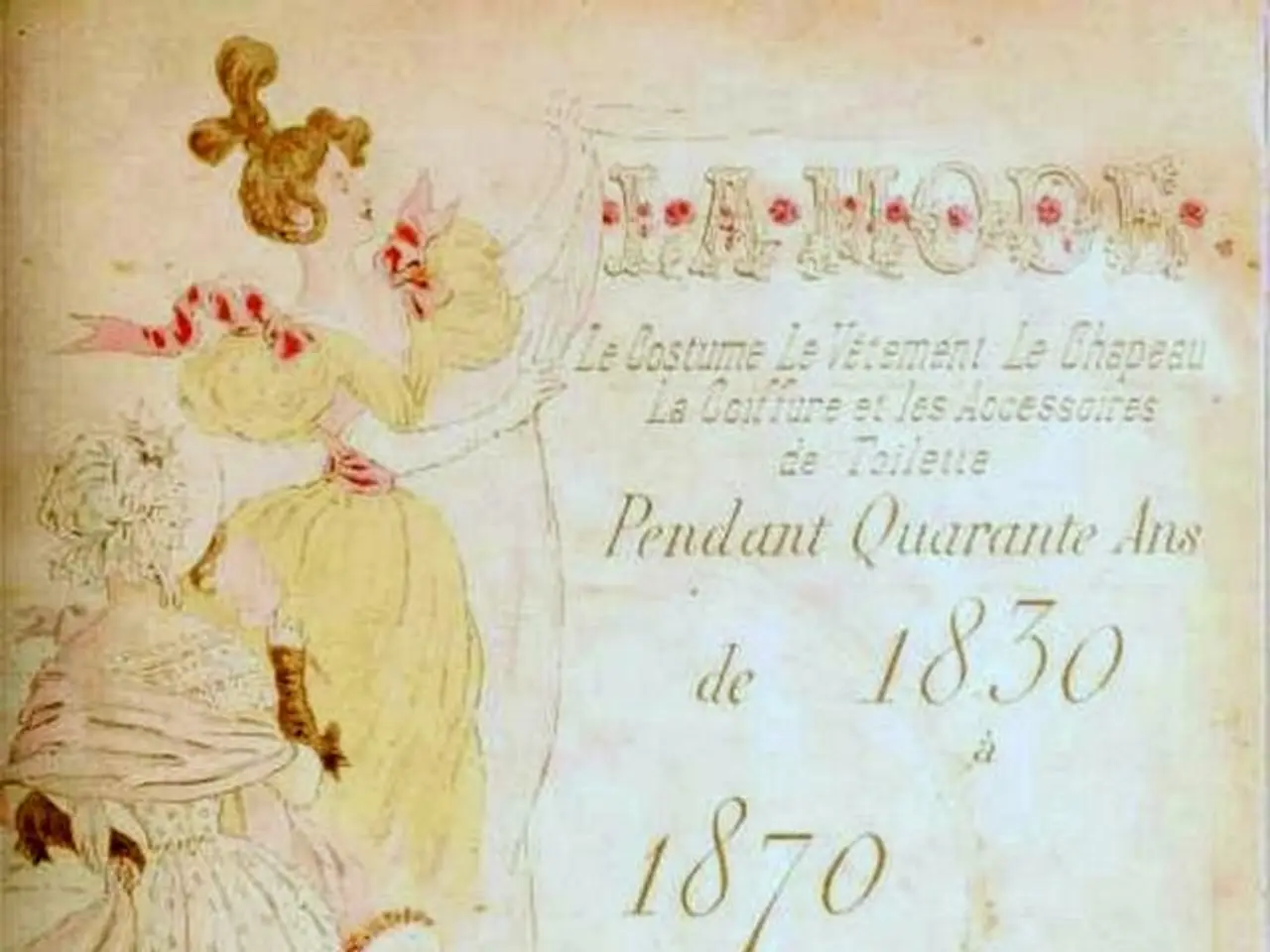Investigating the Impact of Human Chorionic Gonadotropin (HCG) on Testosterone Production
In the realm of male health, a fascinating relationship exists between Human Chorionic Gonadotropin (HCG) and Testosterone. This hormone duo plays a pivotal role in maintaining and optimizing male health, particularly during Testosterone Replacement Therapy (TRT).
When men undergo TRT, their bodies often reduce their own testosterone production, leading to testicular shrinkage and reduced fertility. This is due to lower levels of luteinizing hormone (LH) and follicle-stimulating hormone (FSH). HCG, which mimics LH, steps in to stimulate the testes directly, preventing testicular atrophy and maintaining some natural testosterone production[1][2].
In TRT, HCG serves multiple purposes: - It helps prevent testicular shrinkage by activating LH receptors in the testes. - It maintains intratesticular testosterone levels, supporting sperm production and fertility[1][3]. - It enhances sexual function and libido, potentially by influencing neurosteroid production in the brain that modulates sexual behavior and reduces anxiety[3].
However, it's crucial to note that increased testosterone can convert into estrogen via the enzyme aromatase. Proper medical management is necessary to avoid elevated estrogen levels, which can cause side effects[4].
The benefits of this hormonal interplay are far-reaching. HCG complements TRT by preserving the hypothalamic-pituitary-testicular axis's functions, improving reproductive parameters, sexual health, and preventing side effects like testicular atrophy that occur with testosterone alone[1][2][3].
Men may experience improved muscle mass, energy levels, and overall health as a result of increased testosterone levels. Many turn to TRT to alleviate these issues. The relationship between HCG and testosterone is being explored to optimize male health further[5][6].
Interestingly, HCG can sometimes be a better option than TRT, as it stimulates the natural production of testosterone rather than simply replacing it. In men, HCG stimulates the production of testosterone in the testes[7].
However, misuse of HCG may lead to an increased risk of prostate cancer. HCG, produced during pregnancy, is a hormone used to treat certain medical conditions in both men and women[8].
In conclusion, understanding the connection between HCG and testosterone can empower men to take control of their health and optimize their overall wellbeing. This article aims to shed light on this intriguing relationship and its potential applications in male health optimization.
[1] - https://www.ncbi.nlm.nih.gov/pmc/articles/PMC3045733/ [2] - https://www.ncbi.nlm.nih.gov/pmc/articles/PMC3045733/ [3] - https://www.ncbi.nlm.nih.gov/pmc/articles/PMC5541250/ [4] - https://www.ncbi.nlm.nih.gov/pmc/articles/PMC5541250/ [5] - https://www.ncbi.nlm.nih.gov/pmc/articles/PMC5541250/ [6] - https://www.ncbi.nlm.nih.gov/pmc/articles/PMC5541250/ [7] - https://www.ncbi.nlm.nih.gov/pmc/articles/PMC5541250/ [8] - https://www.ncbi.nlm.nih.gov/pmc/articles/PMC5541250/
In the sphere of health-and-wellness, specifically men's health, HCG (Human Chorionic Gonadotropin) aids in optimizing male health, particularly during Testosterone Replacement Therapy (TRT), by preventing testicular shrinkage, maintaining sperm production, and enhancing sexual function. This scientific investigation delves into the potential of HCG to improve overall health and wellness in men.




